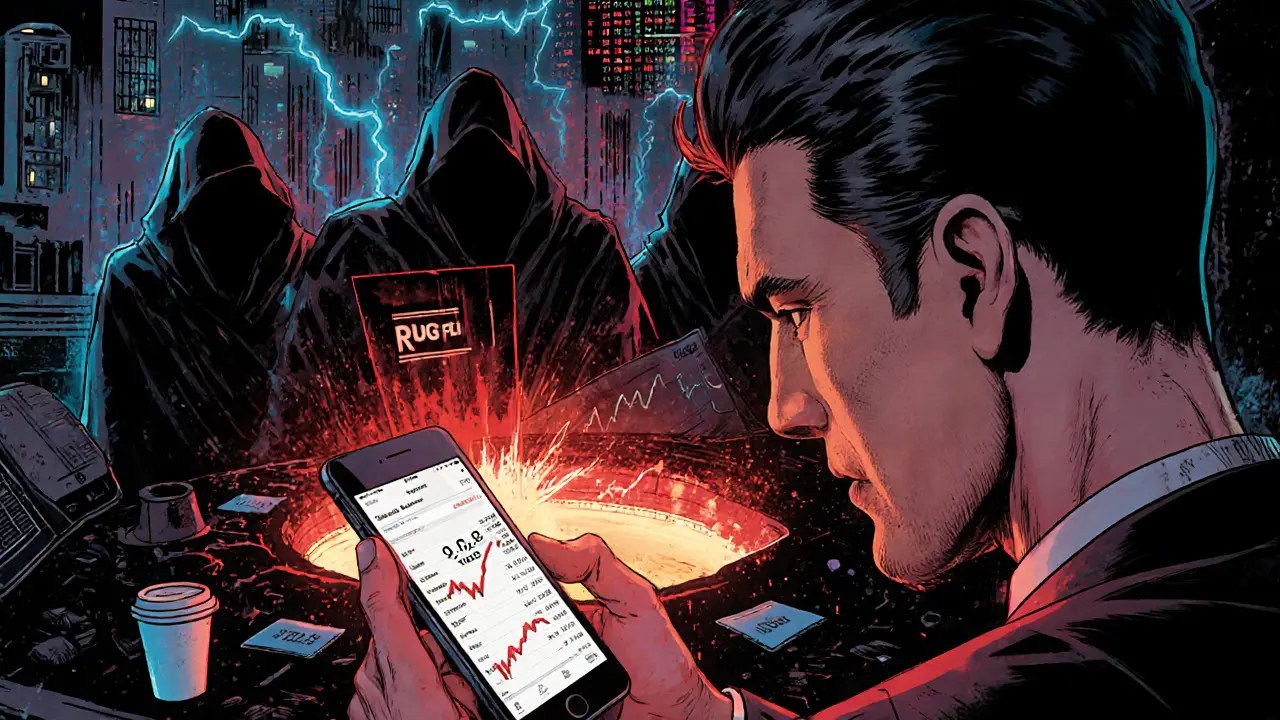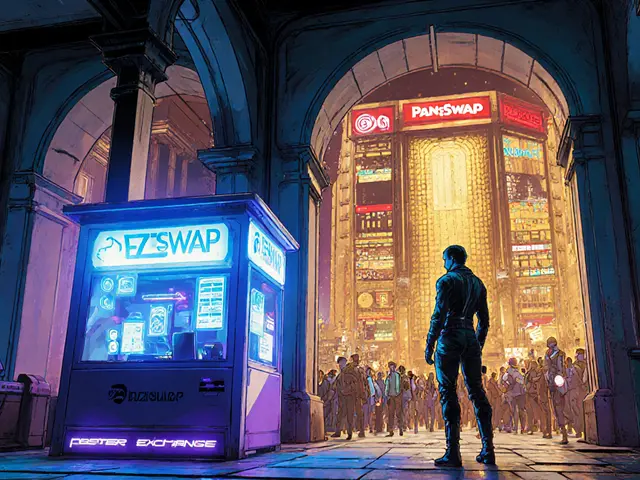DeFi rug pull: How to spot and avoid crypto scams in decentralized finance
When you invest in a DeFi rug pull, a type of cryptocurrency scam where developers abandon a decentralized finance project and drain all the locked funds. Also known as an crypto exit scam, it happens when the team behind a token disappears after pulling liquidity from a pool, leaving investors with worthless coins. Unlike traditional fraud, these scams hide behind smart contracts and fake promises of high returns—making them hard to spot until it’s too late.
Most DeFi rug pulls, target users who trust anonymous teams and unverified liquidity pools. They often start as legitimate-looking projects: a slick website, a whitepaper full of jargon, and a community buzzing on Discord. But behind the scenes, the code is rigged. The developers hold the keys to freeze withdrawals, mint extra tokens, or drain the liquidity pool all at once. Once they cash out, the token price crashes to zero. You’re not losing money to market swings—you’re being robbed by people who never intended to build anything.
These scams aren’t rare. In 2024 alone, over $1.2 billion vanished in DeFi rug pulls, according to blockchain forensics firms. Many of the victims were new users lured by high APYs on platforms like CougarSwap, a tokenized platform with no real exchange infrastructure, often used to disguise exit scams, or projects like ParamountDax, a crypto exchange with zero public team or audit history, flagged as a red flag by multiple analysts. Even big names like SushiSwap have faced similar issues in the past—though not always intentional. The line between poor execution and fraud is thin.
Here’s what to watch for: if a project doesn’t have a public team, no code audit from a known firm like CertiK or PeckShield, or if the liquidity is locked for less than a year, run. Check if the token supply is truly fixed or if the devs can mint more. Look at the wallet addresses holding the majority of tokens—if one wallet holds 40% or more, it’s a red flag. And never invest more than you’re willing to lose. DeFi is open, but it’s not safe by default.
The posts below show real cases—like how Myanmar-based networks used fake DeFi projects to launder $10 billion, or how platforms like Cougar Exchange and ParamountDax were exposed as fronts for exit scams. You’ll also find reviews of legitimate DEXs like SushiSwap V3, so you know what a real, functioning platform looks like. Whether you’re new to DeFi or you’ve been trading for years, these examples give you the tools to tell the difference between a project that’s building and one that’s just waiting to vanish.

A rug pull is a crypto scam where developers trick investors by launching a fake token, pumping its price, then disappearing with the funds. Learn how they work, the red flags to spot, and how to protect yourself from losing everything.
Continue Reading





